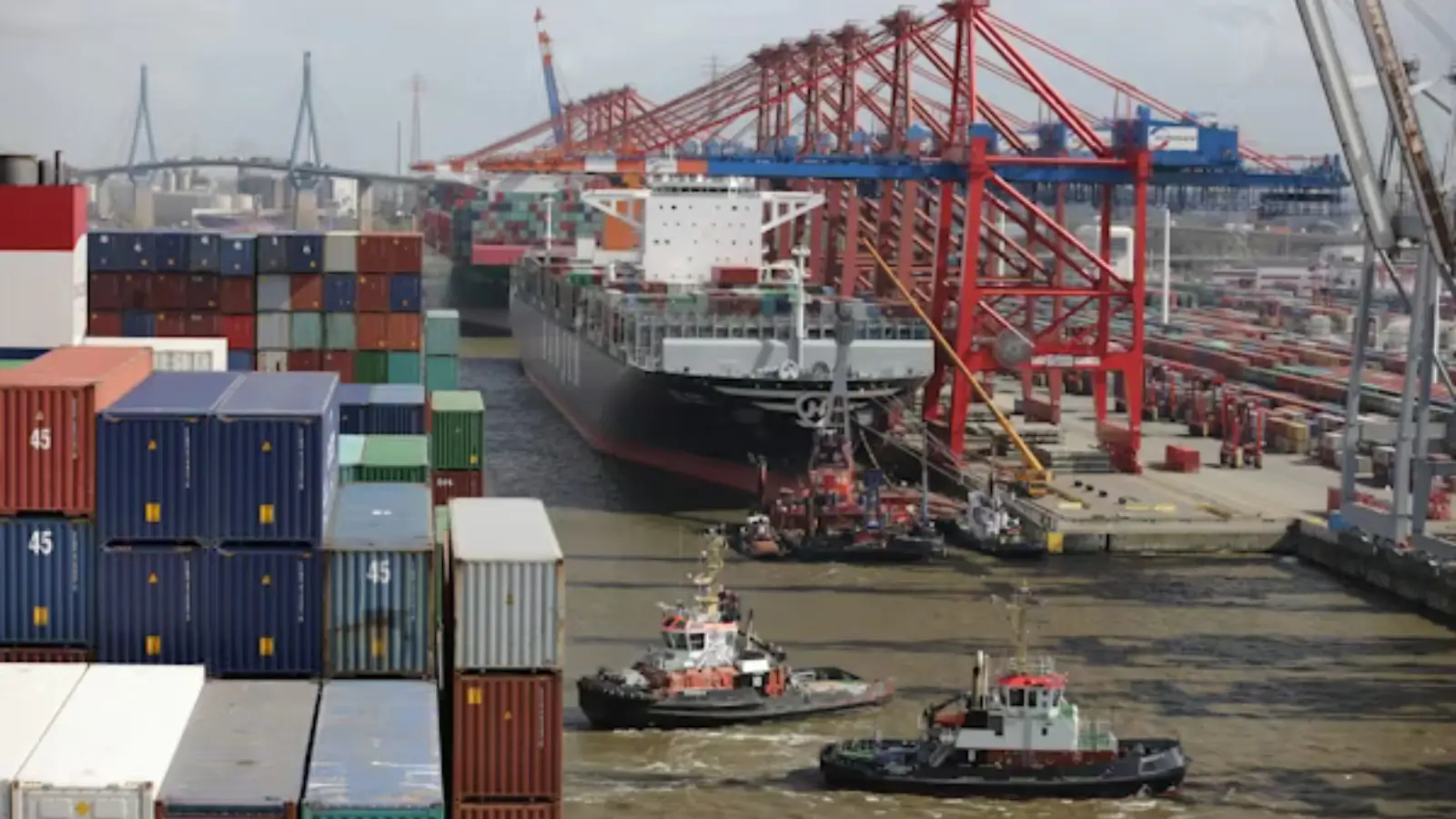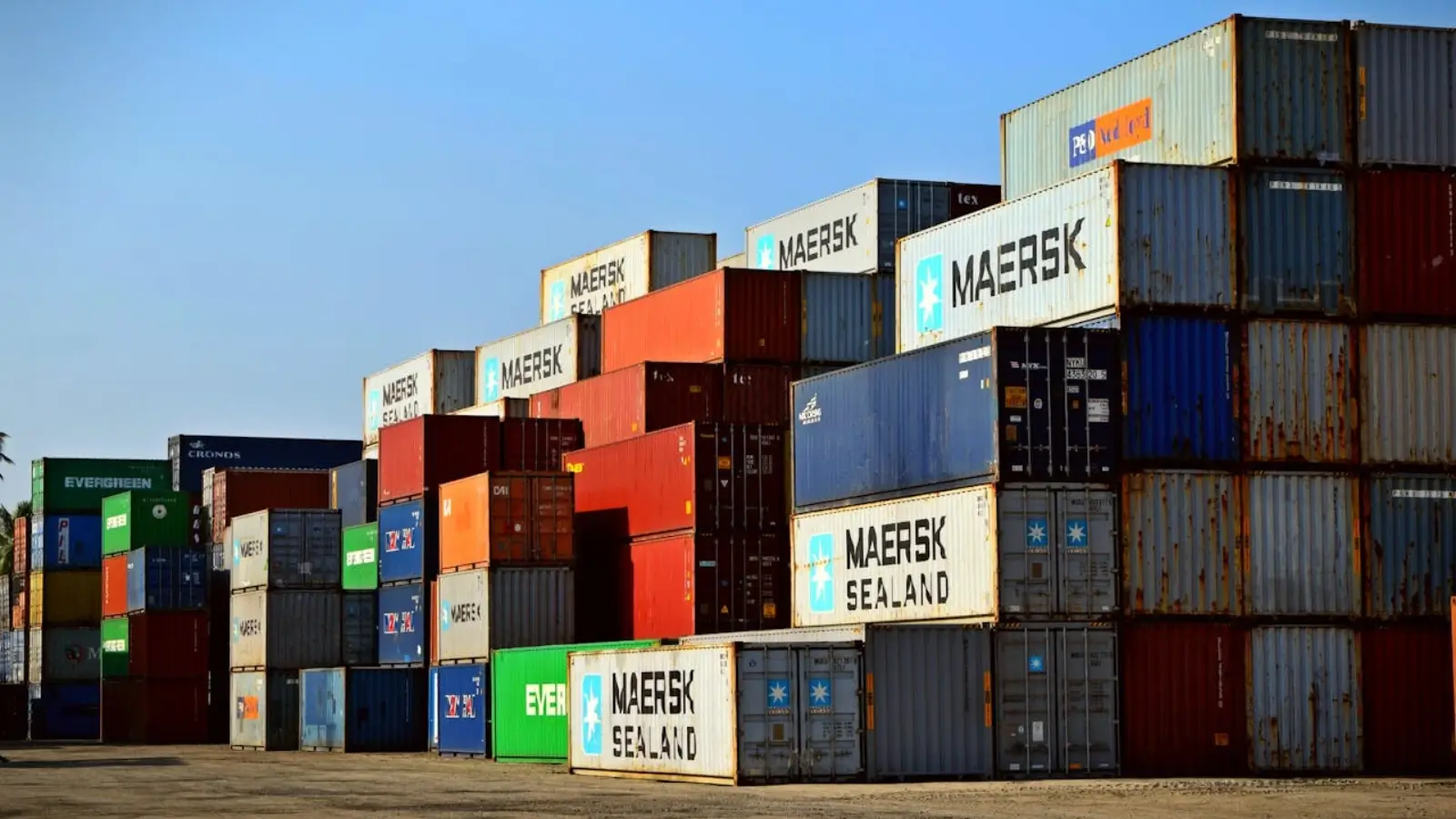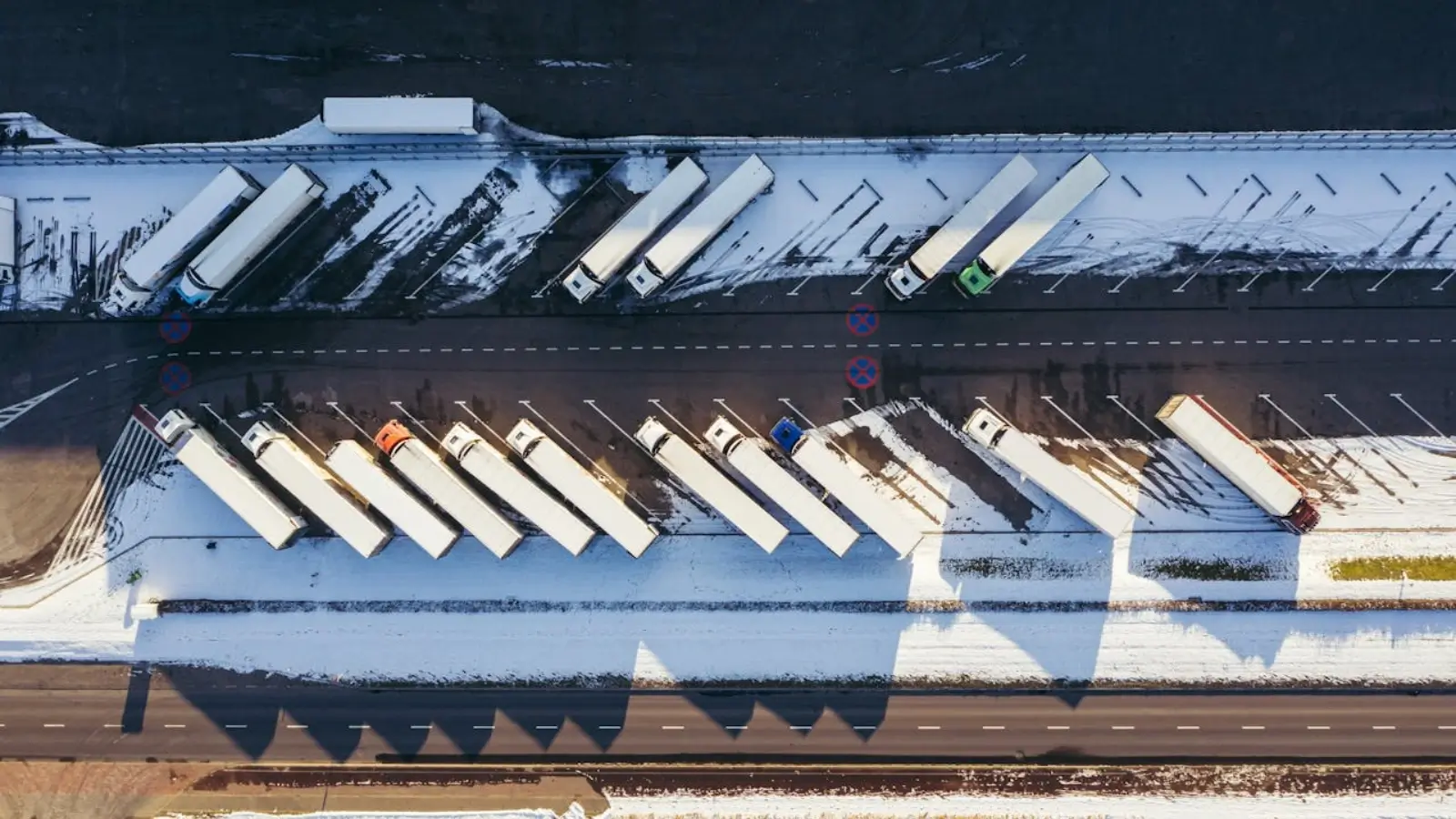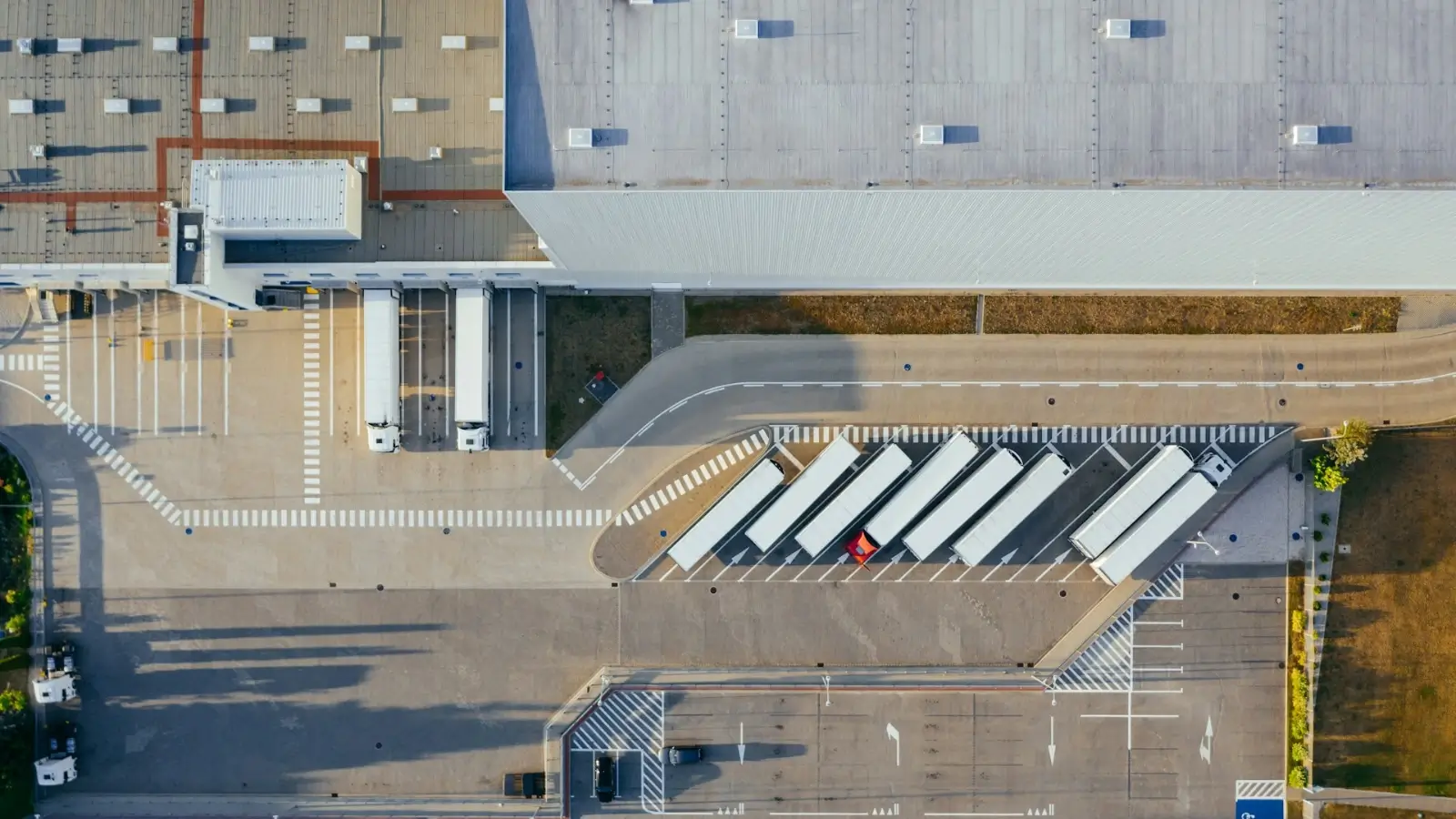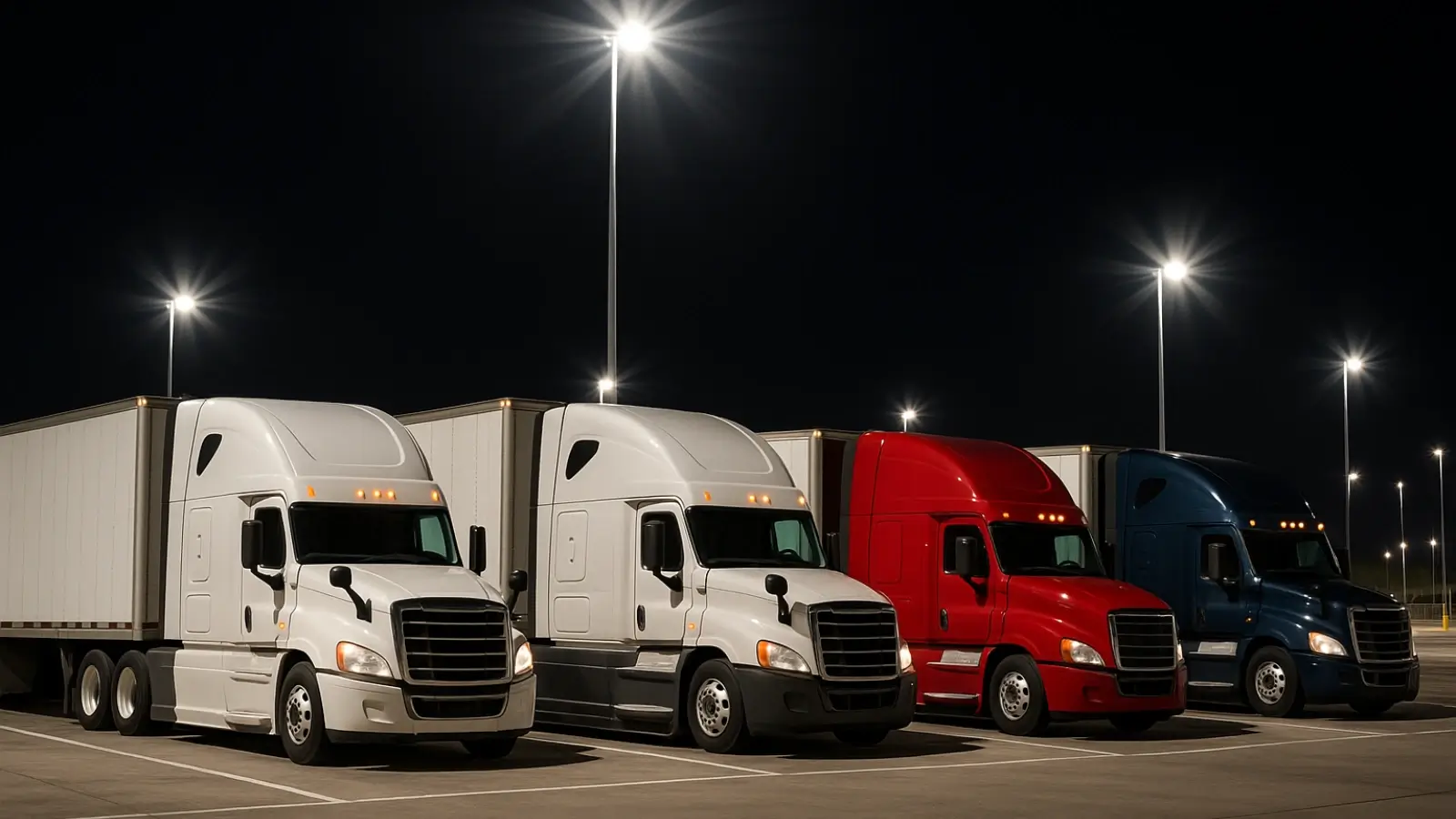In the heart of the Gulf Coast, transportation meets transformation. The Louisiana Gateway Port Ferry has emerged as a vital linchpin in America’s southern logistics network. Once a modest means of crossing waterways, it now symbolizes a bold shift toward integrated, sustainable commerce. As trade demands rise and infrastructure adapts, this ferry system serves as a model for economic progress and regional connectivity.
Historical Backbone Meets Modern Vision
Louisiana has long been a transportation nexus. Bordered by the Mississippi River and the Gulf of Mexico, the region has relied on ferries for centuries. Traditionally, these routes supported local travel, connecting rural communities with urban centers. Today, the Louisiana Gateway Port Ferry represents a different scale of ambition.
This ferry service now plays a pivotal role in facilitating commercial movement. From freight shipments to tourism vehicles, its capacity has expanded significantly. Moreover, its transformation aligns with broader state initiatives to modernize waterway logistics and reduce highway congestion.
Strategic Importance in Regional Trade
The Louisiana Gateway Port Ferry connects key ports, industrial hubs, and transportation corridors. Its role extends beyond local usage; it links strategic areas vital to national and international commerce. Given its location, it reduces reliance on lengthy detours or overloaded bridges, making trade routes shorter and more predictable.
For example, exporters from Louisiana’s petrochemical belt depend on timely access to ports. By incorporating ferry transport, they mitigate shipping delays and improve logistical precision. Additionally, agricultural producers from the Midwest use this gateway to reach Gulf export terminals, making the ferry an indispensable asset.
Infrastructure Built for the Future
Recent investments in the Louisiana Gateway Port Ferry underscore its growing importance. Funding has been allocated to expand docks, update vessel fleets, and improve passenger terminals. These upgrades not only enhance efficiency but also reflect a commitment to long-term service viability.
Advanced technologies are being deployed as well. Automated scheduling systems, GPS-enabled ferry tracking, and digital ticketing improve reliability and user experience. This modernization ensures the ferry remains competitive in a tech-driven logistics environment.
Moreover, the ferry is transitioning toward green operations. Electric and hybrid propulsion systems are being introduced to cut emissions and reduce fuel consumption. These innovations help Louisiana meet its environmental goals while sustaining commercial throughput.
Bridging Communities and Cultures
Beyond commerce, the Louisiana Gateway Port Ferry serves as a social bridge. It connects communities otherwise divided by geography. Residents, tourists, and daily commuters rely on its dependable operation. As it becomes more efficient, the ferry boosts regional tourism and encourages cultural exchange.
Local festivals, historic towns, and culinary destinations become more accessible. Travelers who once avoided the hassle of long detours now enjoy scenic, direct crossings. This, in turn, fuels local economies and creates new job opportunities in hospitality and service sectors.
Boosting Employment and Economic Development
With the expansion of ferry operations, job creation has followed. From ferry operators to maintenance crews, employment opportunities have grown steadily. The Louisiana Gateway Port Ferry acts as an economic catalyst by attracting businesses and encouraging workforce development.
Moreover, auxiliary services such as fuel suppliers, food vendors, and logistics providers benefit from the ferry’s growing prominence. As new ferry routes open, rural areas that were once disconnected now gain access to economic infrastructure.
In this way, the ferry functions not just as a vessel for goods, but as a driver of holistic regional development. Local governments are increasingly viewing it as an engine for equitable growth across parish lines.
Mitigating Traffic and Supporting Sustainability
One of the key benefits of the Louisiana Gateway Port Ferry is its impact on traffic management. Highways and bridges in the region often experience congestion due to truck traffic. By redirecting commercial loads through water routes, the ferry helps reduce pressure on aging roadways.
This shift from land to water also supports environmental goals. Ferries, especially newer energy-efficient models, emit less carbon per ton of cargo than trucks. Therefore, investing in ferry infrastructure contributes to a greener transportation network.
Additionally, fewer vehicles on the road translate to safer highways and reduced accident rates. Communities near congested routes benefit from quieter, healthier environments.
Enhancing Disaster Resilience
Given Louisiana’s vulnerability to hurricanes and flooding, robust transportation alternatives are essential. The Louisiana Gateway Port Ferry provides a resilient option when roads or bridges are impassable.
During emergencies, ferries can transport first responders, supplies, and evacuees. Unlike fixed bridges, they can adjust routes and operations based on real-time conditions. This flexibility has already proven valuable during past weather events.
Planning agencies now integrate ferry systems into emergency response strategies. The ability to sustain mobility under stress enhances overall disaster preparedness for the state.
Integrating with Broader Transportation Systems
The ferry’s role is growing not in isolation, but in coordination. Planners are now focusing on multimodal integration—connecting ferries with rail, highways, and ports. This approach ensures seamless transition of goods and people from one mode to another.
The Louisiana Gateway Port Ferry is already part of such coordinated planning. Intermodal terminals are being constructed nearby, enabling faster container transfers. This reduces handling times and enhances supply chain velocity.
Such integration is vital as global supply chains become more dynamic. Businesses need adaptable logistics frameworks, and Louisiana is stepping up with forward-thinking strategies.
Public and Private Sector Partnerships
Success doesn’t come from government alone. The evolution of the Louisiana Gateway Port Ferry has relied heavily on public-private partnerships. Investment from logistics firms, shipping companies, and infrastructure developers has fueled rapid growth.
These partnerships ensure that ferry upgrades align with market needs. Private stakeholders bring innovation, while public agencies offer stability and regulatory oversight. The result is a balanced development strategy that benefits all users.
Furthermore, involving the private sector often leads to quicker implementation and accountability. With shared goals, these collaborations drive operational excellence and financial sustainability.
Charting the Course Forward
Looking ahead, the future of the Louisiana Gateway Port Ferry seems promising. More routes are being explored to connect underutilized waterways. Additionally, ferry frequency is expected to increase to meet rising demand.
Technology will continue to play a role. AI-based traffic forecasting, autonomous vessel pilots, and real-time weather integration are on the horizon. These tools will make ferry operations more responsive and efficient.
Yet, challenges remain. Funding, environmental regulation, and community coordination all require ongoing attention. Still, the momentum behind the ferry initiative suggests strong institutional and public support.
As Louisiana continues to evolve, the ferry will remain central to its identity and infrastructure. A symbol of innovation grounded in tradition, it shows how smart transportation can shape regional prosperity.
Conclusion
The Louisiana Gateway Port Ferry stands at the crossroads of past and future, tradition and technology. It embodies the spirit of adaptation, turning historical pathways into engines of modern commerce.
Through strategic investments, environmental leadership, and regional integration, it has proven its value far beyond simple crossings. Businesses, communities, and governments now see it as a critical piece of Louisiana’s economic puzzle.
As global supply chains shift and climate challenges intensify, the ferry’s role will only expand. It offers a resilient, efficient, and sustainable path forward. By navigating these waters wisely, Louisiana secures its place at the forefront of 21st-century logistics.










